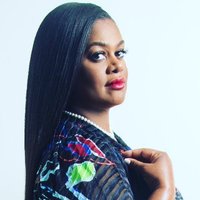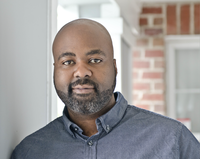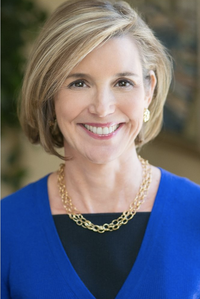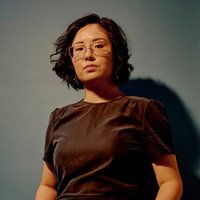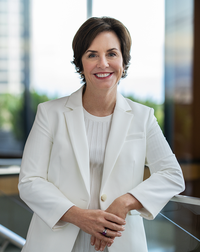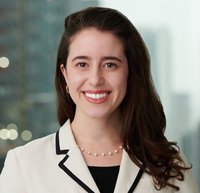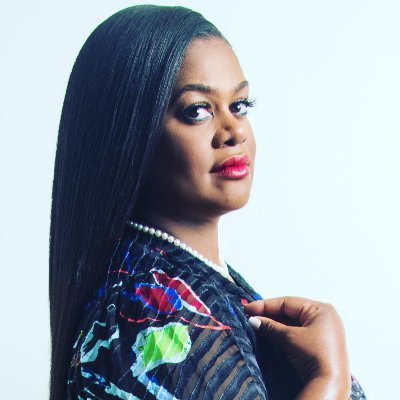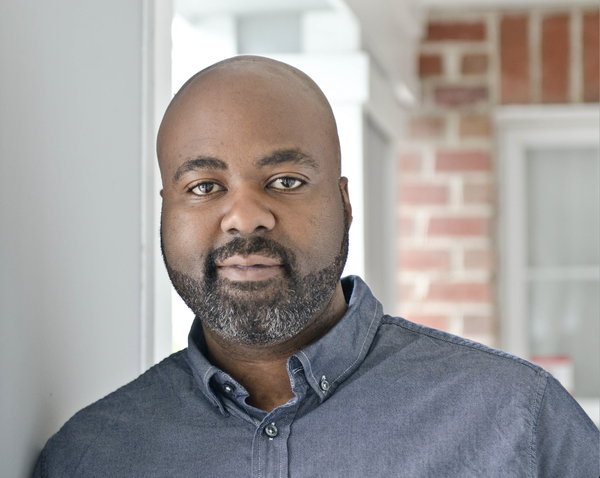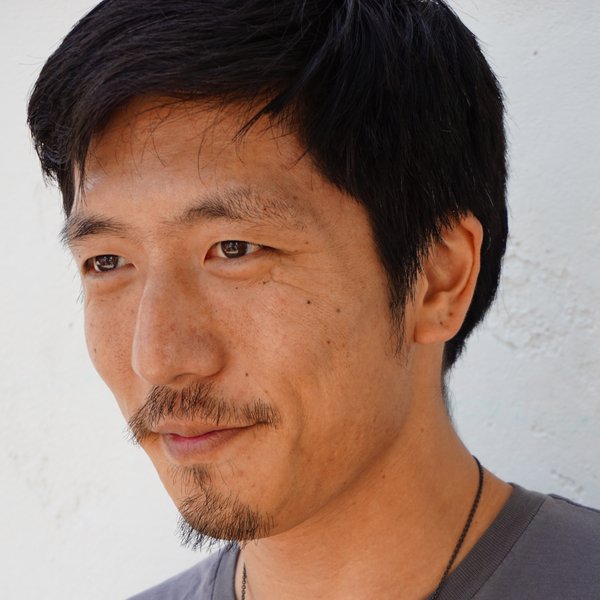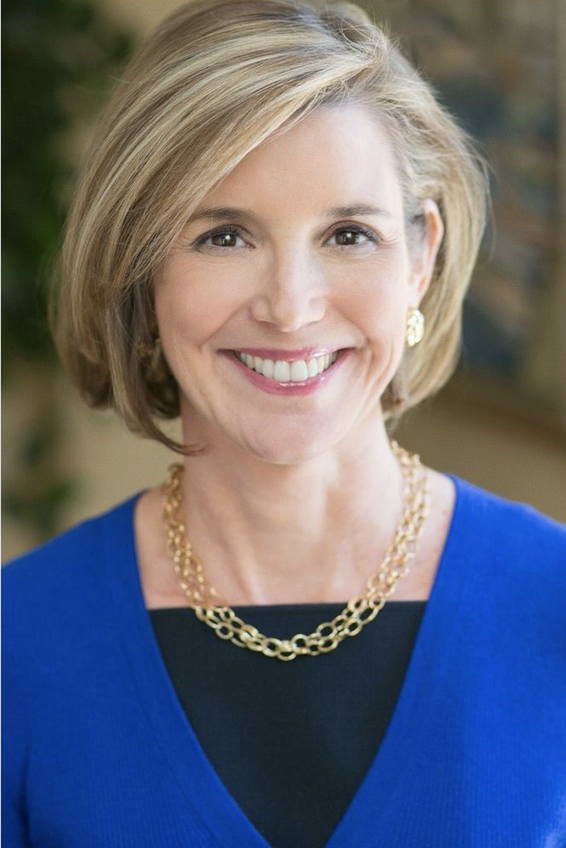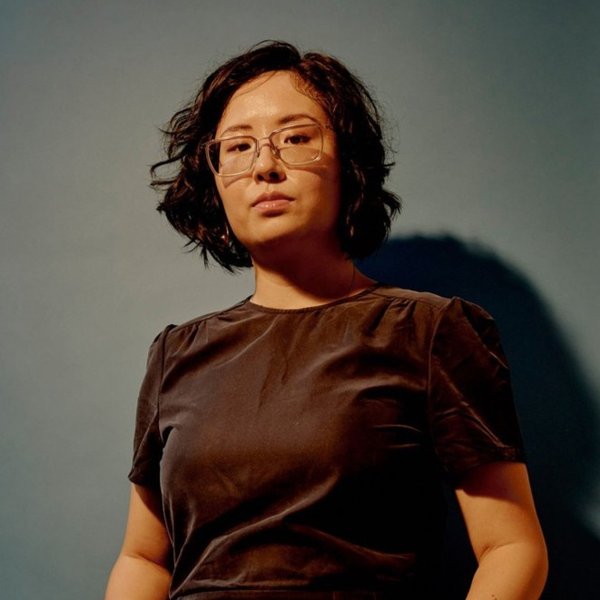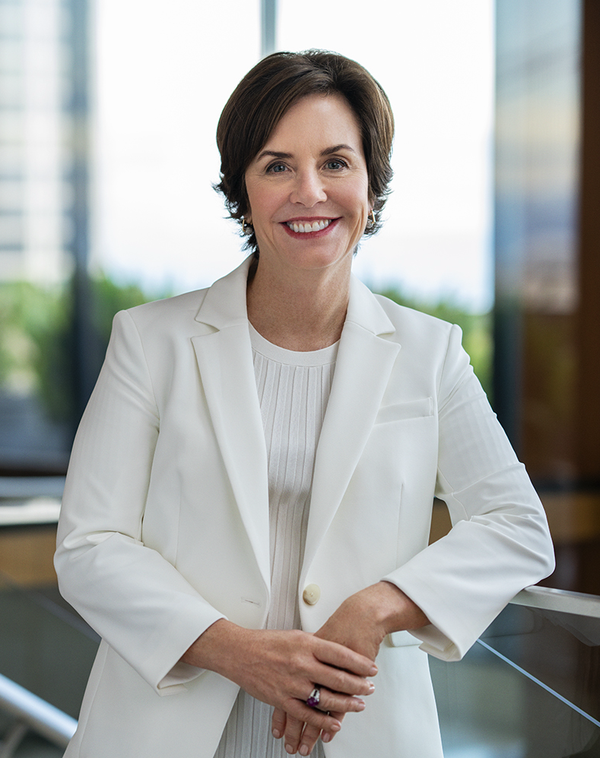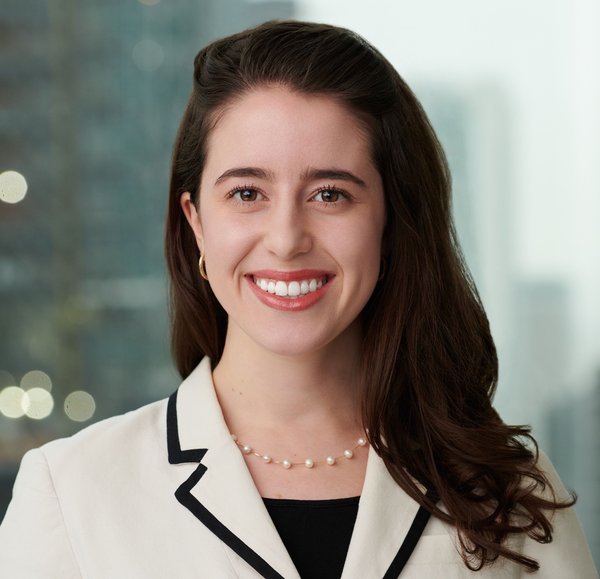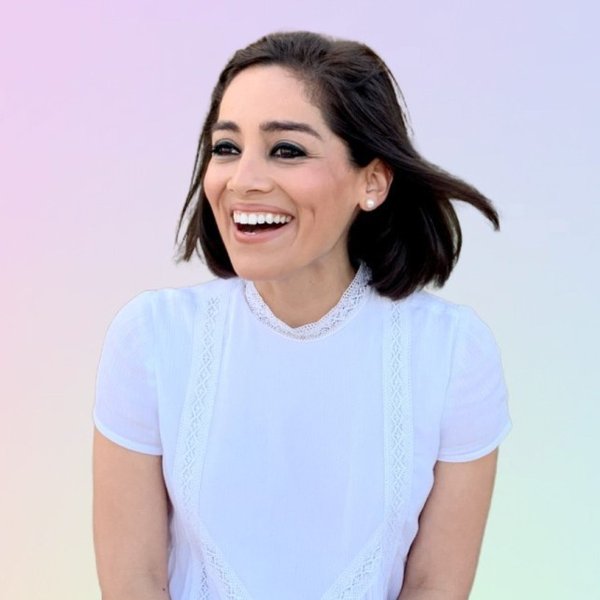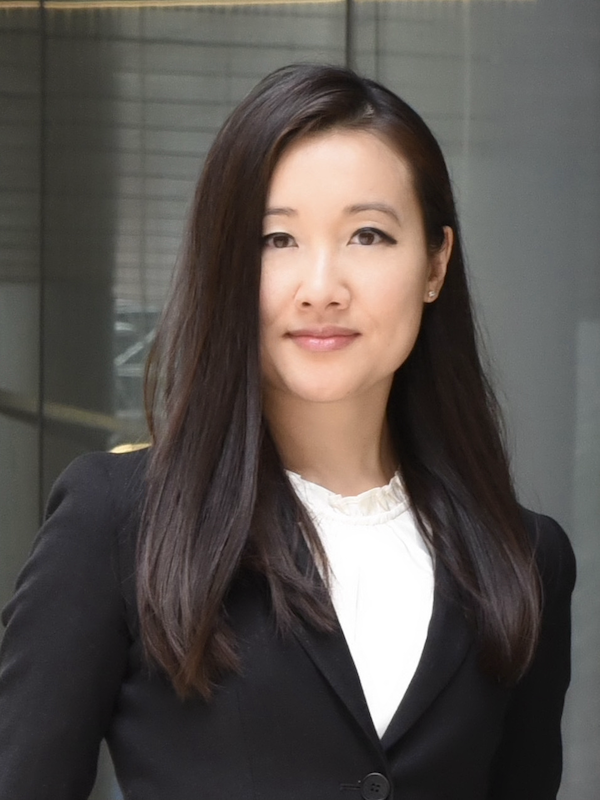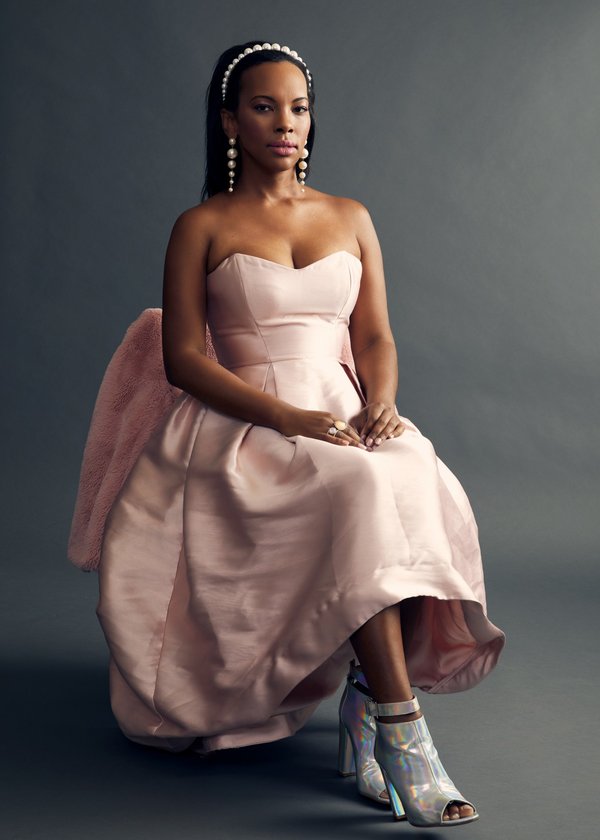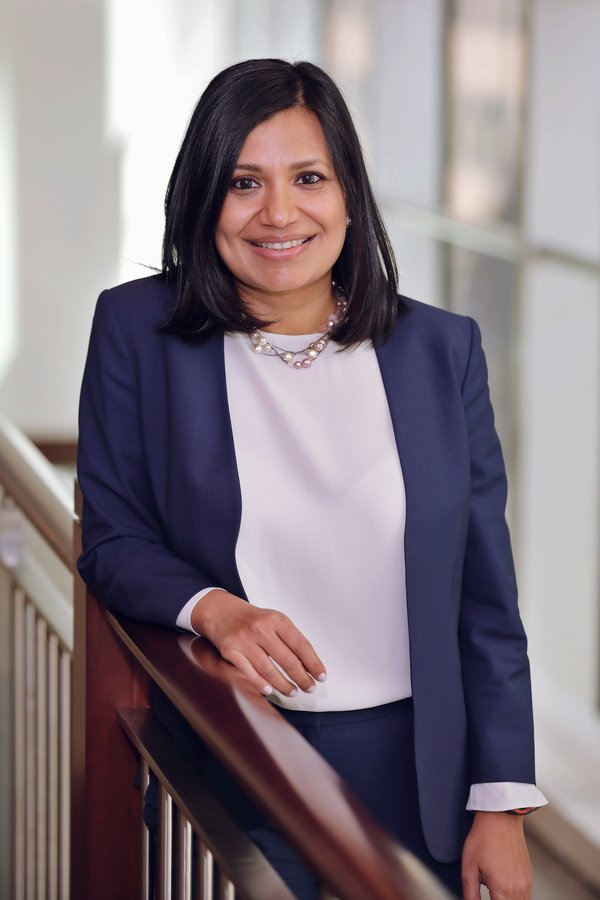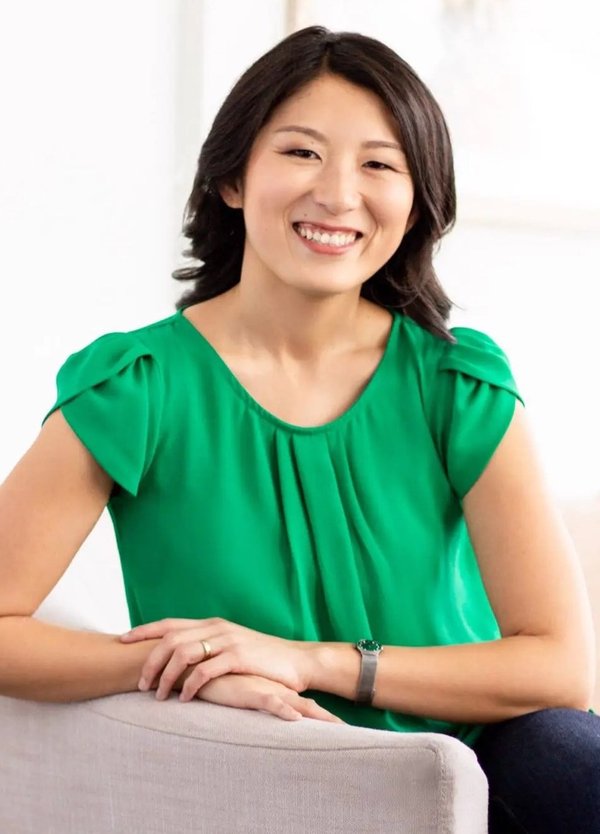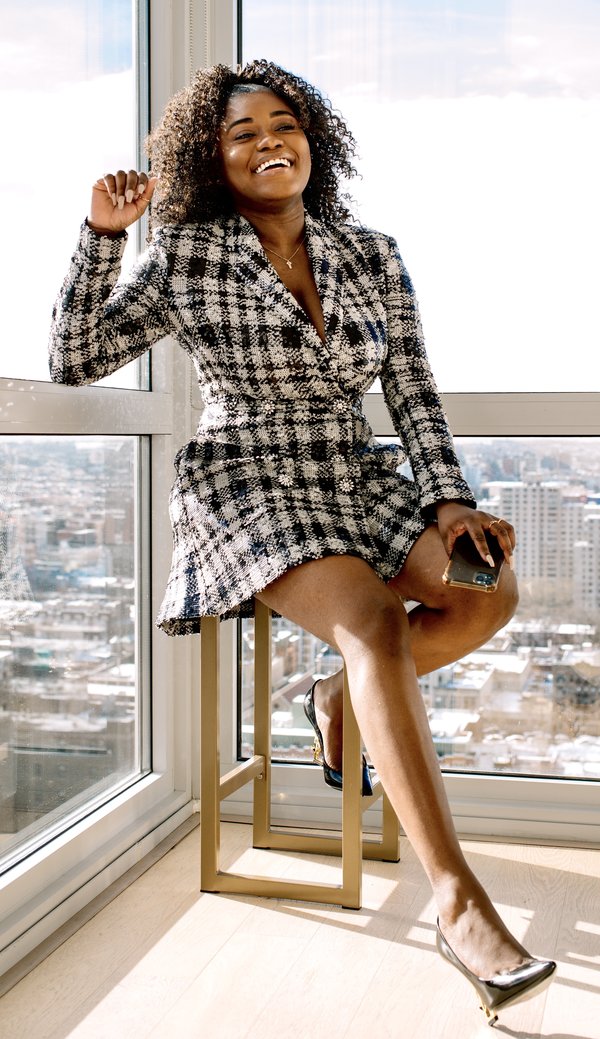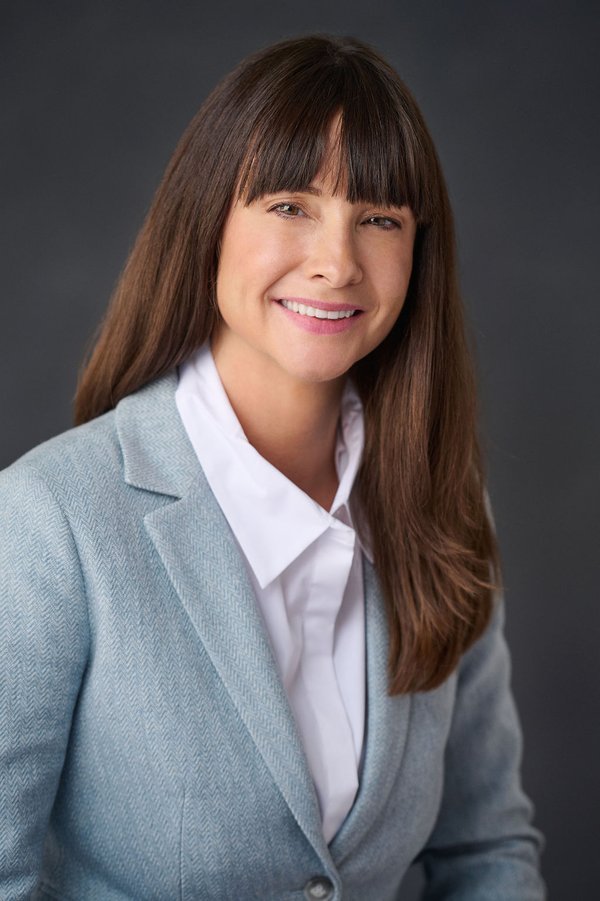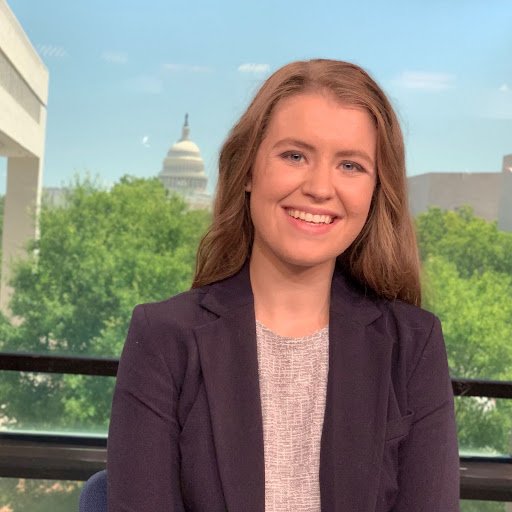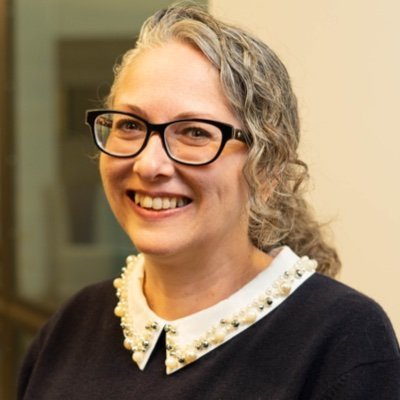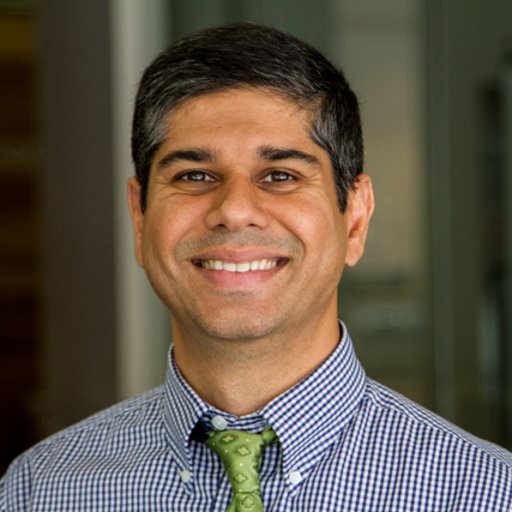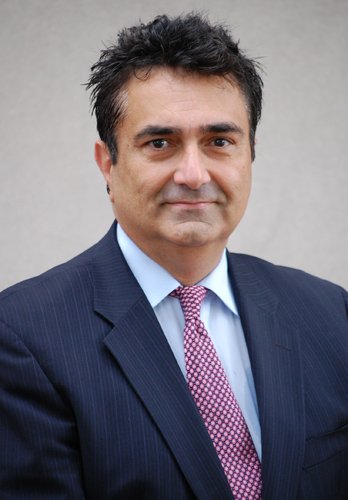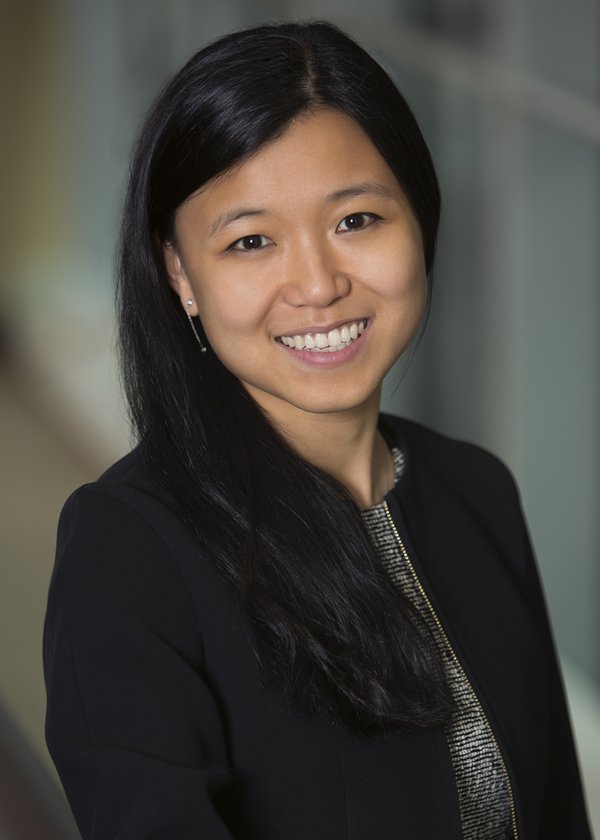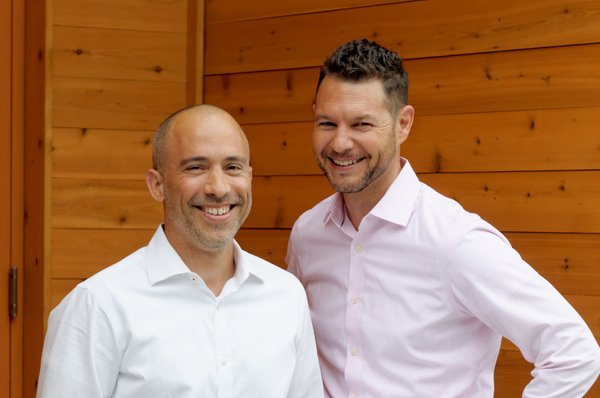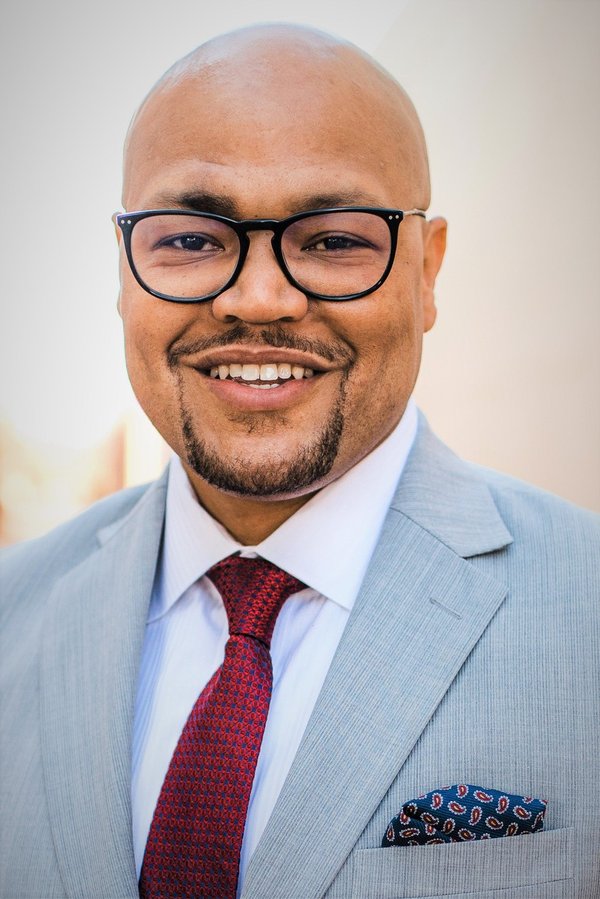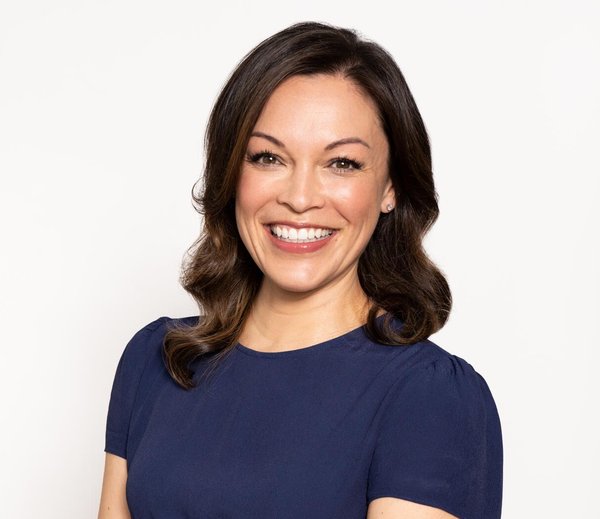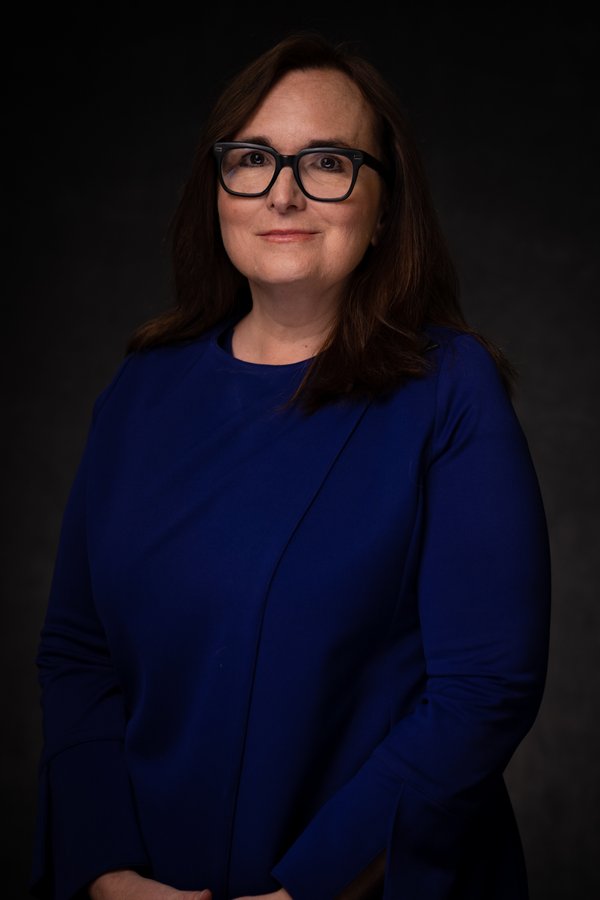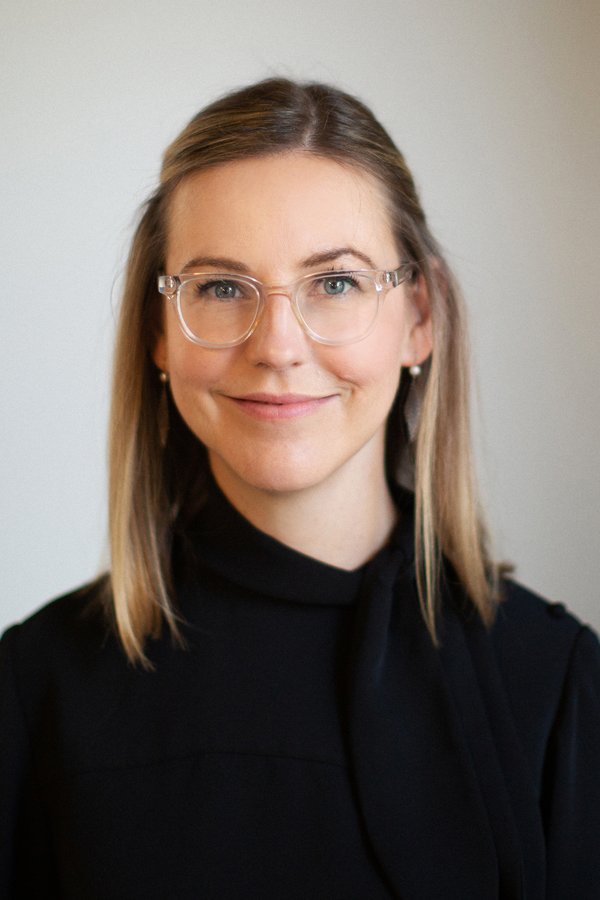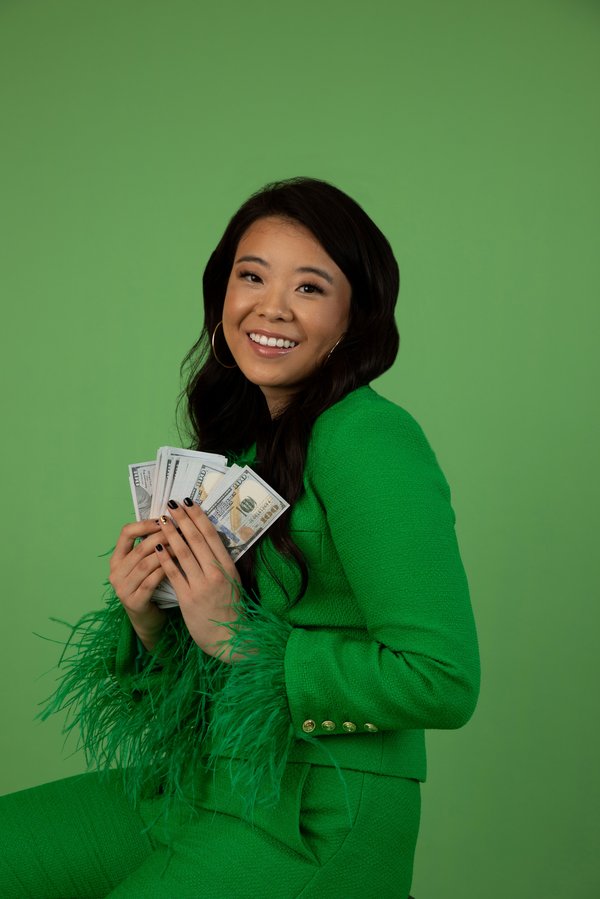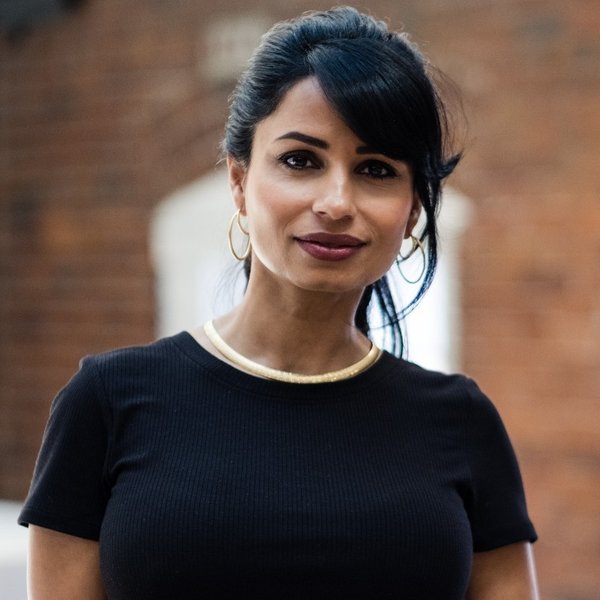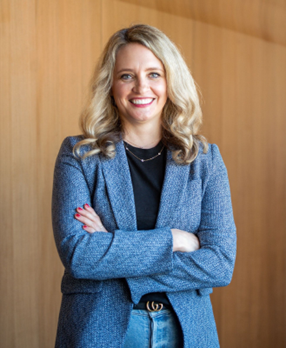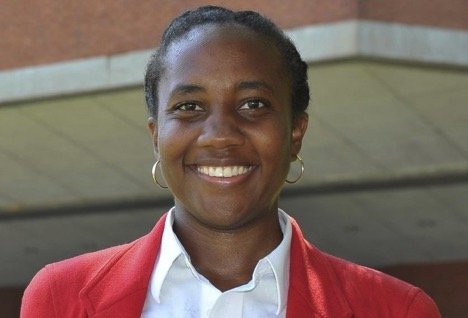
Ionnie is currently a national board director for BetterInvesting.
Her foray into investing at an early age helped her to publish The Baby Billionaire’s Guide to Investing, a book for youth and young adults focused on the importance of investing and the power of compound interest.
Ionnie's Investing Style
How many years of investing experience do you have? 20+ years
What is your investing risk tolerance? Medium-High
What is your portfolio size? 20+ stocks
What are your favorite investing sectors? Healthcare, Financials, Information Technology, Communication Services
When did you get started in investing and why?
I was initially exposed to investing at age seven and bought my first stock at nine. Then got a part-time job at 14 to open and max out my Roth IRA. The origin of me investing at an early age was the result of my mom being transparent with me about her money mistakes and allowing me to participate in her “personal finance journey.” We read the same self-help and personal finance books together and attended BetterInvesting classes together. Since she was not an authority on the subject, she was very intentional about exposing both of us to information and resources that could further our learning. I was grateful for her intention and vowed not to make the same mistakes she did. This is how and why I started investing.
Can you tell us a little bit about your relationship with money at an early age?
I was always a saver at an early age. My dad taught me the importance of patience by watching him wait for things to go on sale. When we would go shopping on Saturdays, he would challenge me to calculate the final price of items that were marked down by 20% and 30%. These experiences helped me to see the connection of math (percentages, division, multiplication, addition, and subtraction) on money. So I was the kid who would rather spend someone else’s money before my own because I quickly learned the value of a dollar.
At a young age, I also experienced losing my grandmother’s house due to probate. This opened my eyes to learning the difference between a will and a trust, and from there I realized that many people lose money and inheritance due to the ignorance of specific information, not due to a lack of effort or not being smart.
Meanwhile, my mother exposed me to Black Enterprise’s youth entrepreneurship conferences and BetterInvesting conventions, and I quickly realized that investing in well-known, public companies was a quicker way to become a business owner and an easier way to make money than the entrepreneurship route. These contrasting experiences at an early age helped me to see the difference between knowing how to make money through effort and knowing how to multiply it through good decision-making.
What has your journey been like as an investor? What are some of the challenges you’ve had to overcome?
To be honest, despite being a young Black woman, my investing journey has been very supported and encouraged. I credit that to my mom and joining the BetterInvesting (BI) community at an early age. Despite most of the BI community not looking like me, they all saw in me my most precious asset and encouraged me to get started as early as possible. And I listened. In elementary school, it started with just one stock here and there until I was old enough to get a job in high school and really start investing consistently for retirement.
Since I had never been exposed to a lot of money at one time before, staying the “compound interest” course at about year 15 proved the biggest challenge. It’s one thing to ignore the $300 monthly contributions you make over time because the total amount is still small. It’s another thing to see the five and six figures it becomes and still stay the course. Therefore, self-sabotage was the biggest challenge I had to overcome. But the unintended benefit of staying the course is that you learn patience and delayed gratification along the way.
In what ways has your social or cultural identity and lived experiences positively impacted your investing journey?
Since I was already a young Black woman who grew up poor, I already knew what the bottom looked like. However, socially and culturally, I grew up very rich because knowing who I was and who/where I came from was something that was taught at home, instilled at school, and reiterated at church and the larger community I was a part of. That sense of self positively impacted my investing journey because I was able to learn from others who did not look like me without me believing I needed to be like them. Lastly, my social/cultural identity reminds me to see money as a tool and not a source of personal identity or self-worth. This perspective has definitely allowed me to be at peace with the ups and downs of the market and not take “losing money” too seriously.
With so many new or younger investors dipping their toes into investing, what’s the best advice you have for someone who may be looking to start investing or who may be newer to the industry?
The best advice I have for someone looking to start investing is to “just do it,” like Nike says. Experience is the best teacher. And those who don’t participate can have all the best answers and strategy on paper and in theory, but it means nothing until it’s lived in the real world and you can actually reap the benefits of your effort and decision-making.
What advice would you give to a newer investor who may be experiencing market volatility for the first time?
I would first say, “This is what you call a bear market.” You can read the definition of a bear market in a book, but what you are currently experiencing are the mental and emotional sensations that accompany being a “real investor.”
Let your response to this market volatility become tea leaves for you. How are you taking it? Are you responding well? Based on your responses to these questions and your investing goals, you may need to change some things. Not necessarily change your investments, but your behavior. If you are sensitive to the news, stop watching so much of it. Participate in activities where you are learning more about the fundamentals of investing instead of simply responding to volatility based on your emotions. Actively listen to past investors who withstood market downturns in each decade for the past 100 years. These types of activities will shift your perspective to a macro view of the market and allow you to feel connected with other smarter, wiser, more experienced investors who have pulled out surfboards to ride these waves instead of choosing to stay ashore.
If you could go back in time and change one thing about your investing strategy, what would you change and why?
If I could go back in time and change one thing about my investing strategy, I would have taken even more risk. When I started out, I was taught the fundamentals of value investing, so I missed a few heavy hitters with great growth potential in the early 2000s. If I had taken more risk starting out, I would probably have an even bigger appetite for risk now. But I’m at peace with that.
What are three things that really excite you about the future of investing?
The ESG movement infusing its way into all parts of investing, which lets me know that we are thinking more holistically about the total impact of our decisions and not just focusing on making more money at the expense of healthier people and a healthier planet.
Technology’s ability to reach new diverse investors and remove many of the cost barriers that existed 10-50 years ago.
Lastly, the emergence of new untapped markets, which is a testament to human ingenuity, creativity, and curiosity.
What about three things that scare you about the future of investing?
The gamification of platforms, confusing trading with investing. The speed of technology, which inadvertently erodes virtues such as patience, temperance, and due diligence. And, lastly, too much information, which makes it hard for new investors to even know where and how to get started.
Who are some leaders in the investing industry you admire and why?
I admire Warren Buffett because he doesn’t confuse acquiring money with his sense of self.
I admire Mellody Hobson because she is smart, beautiful, a trailblazer, has lived her life on her own terms, dedicated her career to one company and rose to the top, has invested in the lives of young Blacks with the Ariel school, and is continuing to be a phenomenal representation of African-American women as investors and finance professionals.
How do you feel about cryptocurrency as an investment?
To me, cryptocurrency is like Forex trading. I see it as trading made-up currencies. Trading is different than long-term investing. It definitely has the potential to make money, but the underlying asset itself is questionable to me as an investor. On the flip side, I’m optimistic about the practical uses of cryptocurrency as a means of exchange and how it’s being used in businesses and developing countries. Other than that, I haven’t invested in cryptocurrency because I’m afraid to lose the private key which gives me access.
What’s one quote or saying that inspires or challenges you?
“Is it true?” — Byron Katie
You might also like:
Anything else to add?
Check out The Baby Billionaire and BetterInvesting. Follow me: @BetterInvesting on Instagram, LinkedIn, Facebook, and Twitter. Listen to #MyInvestingStory Podcast on Apple Podcasts or Spotify.
